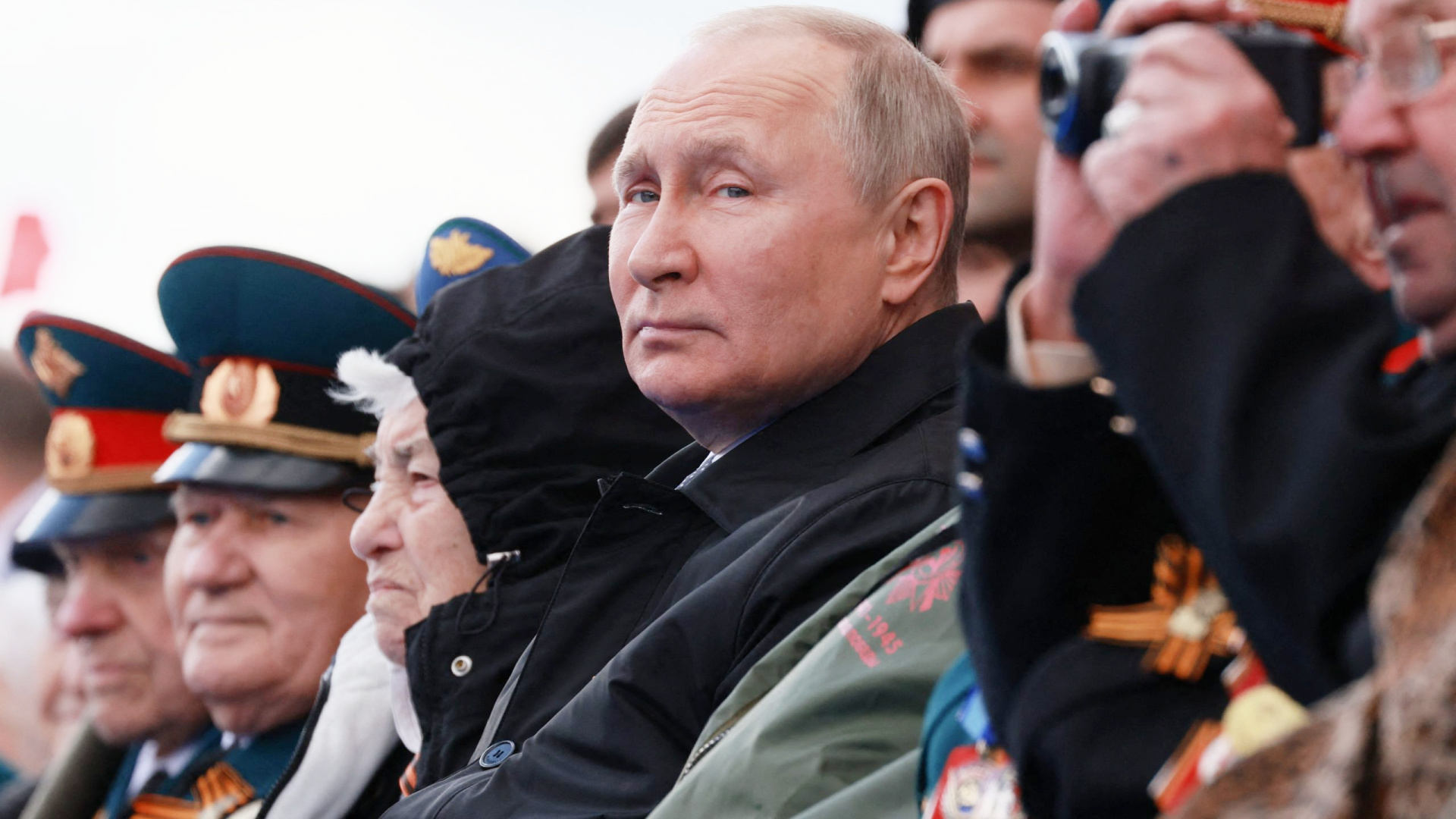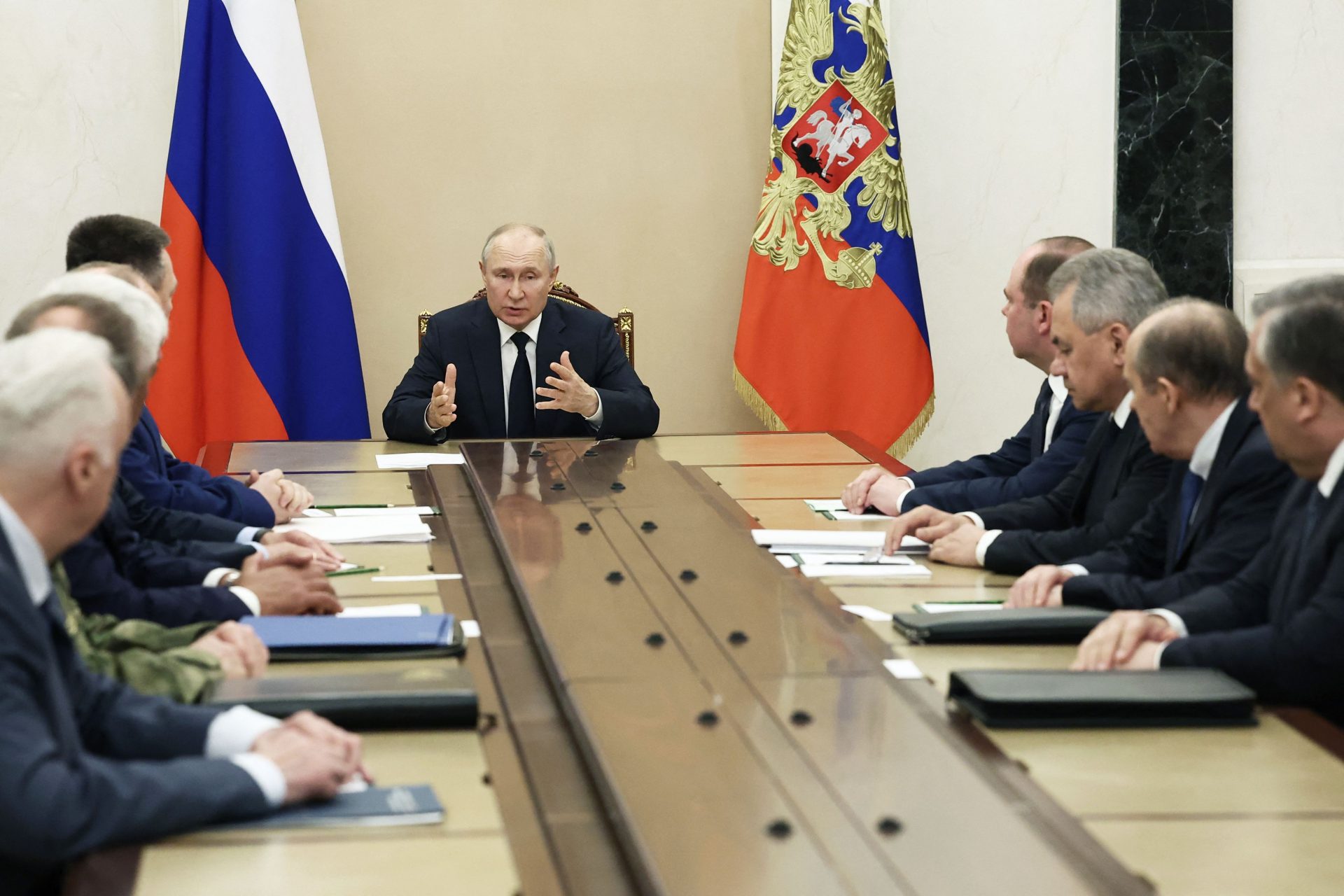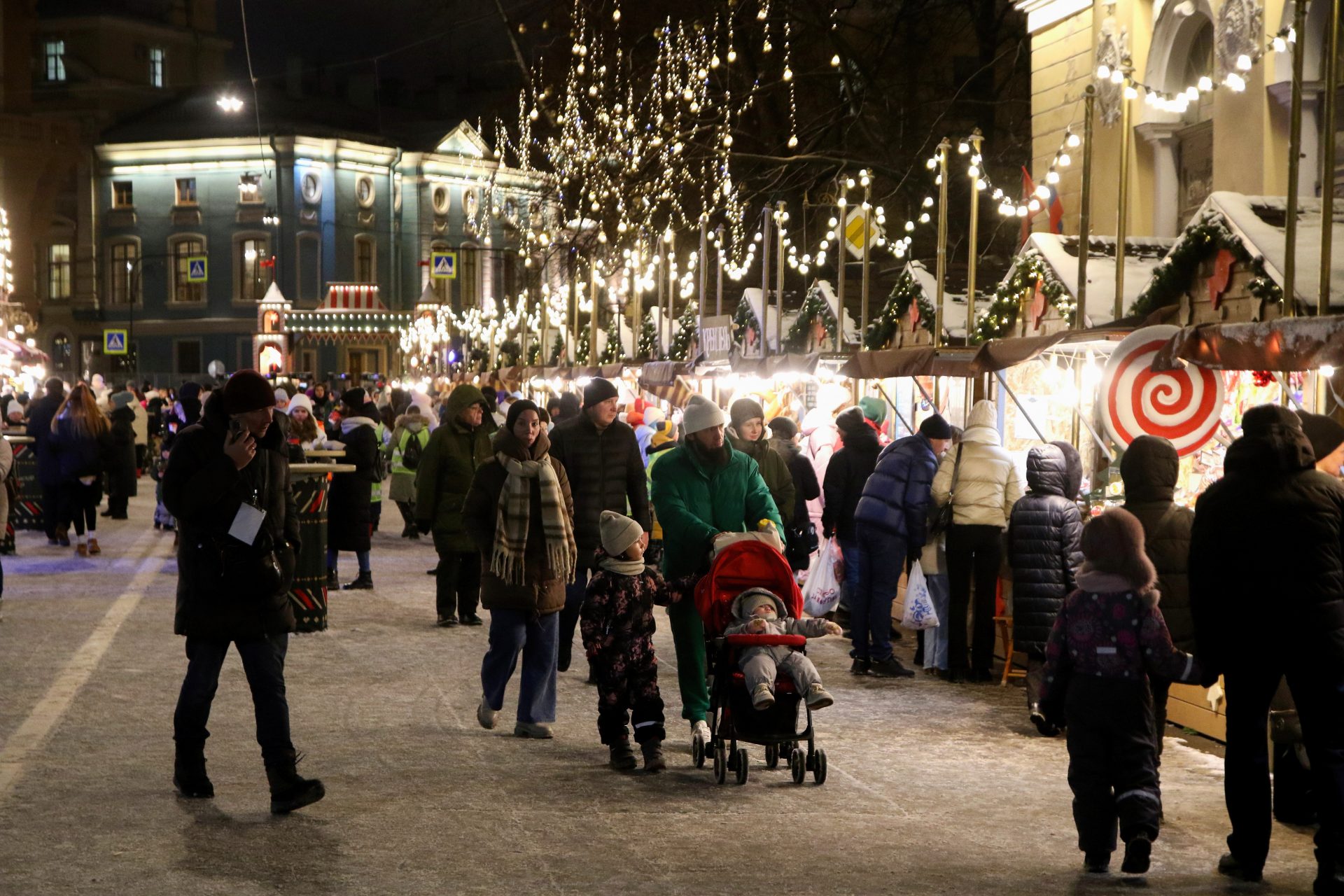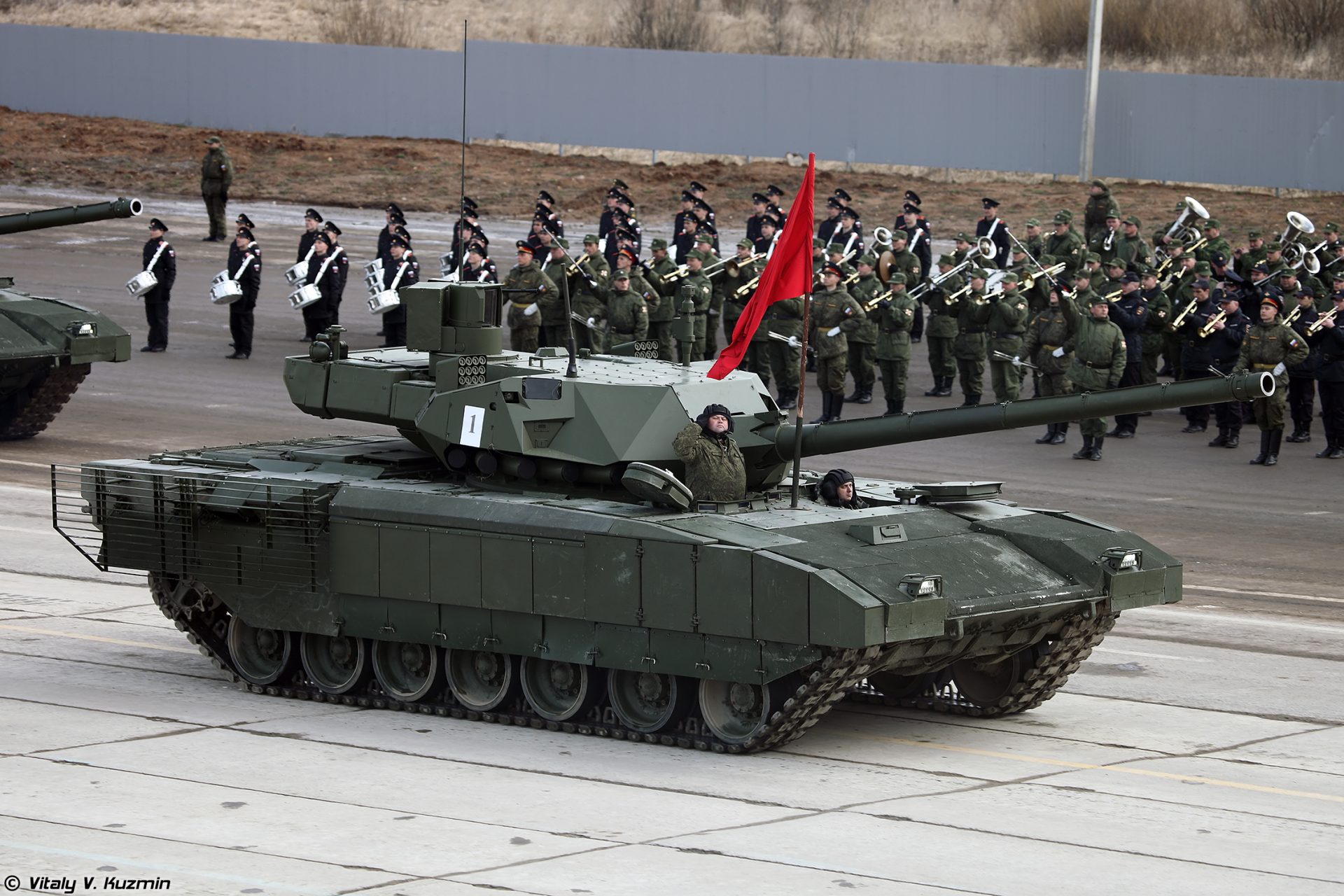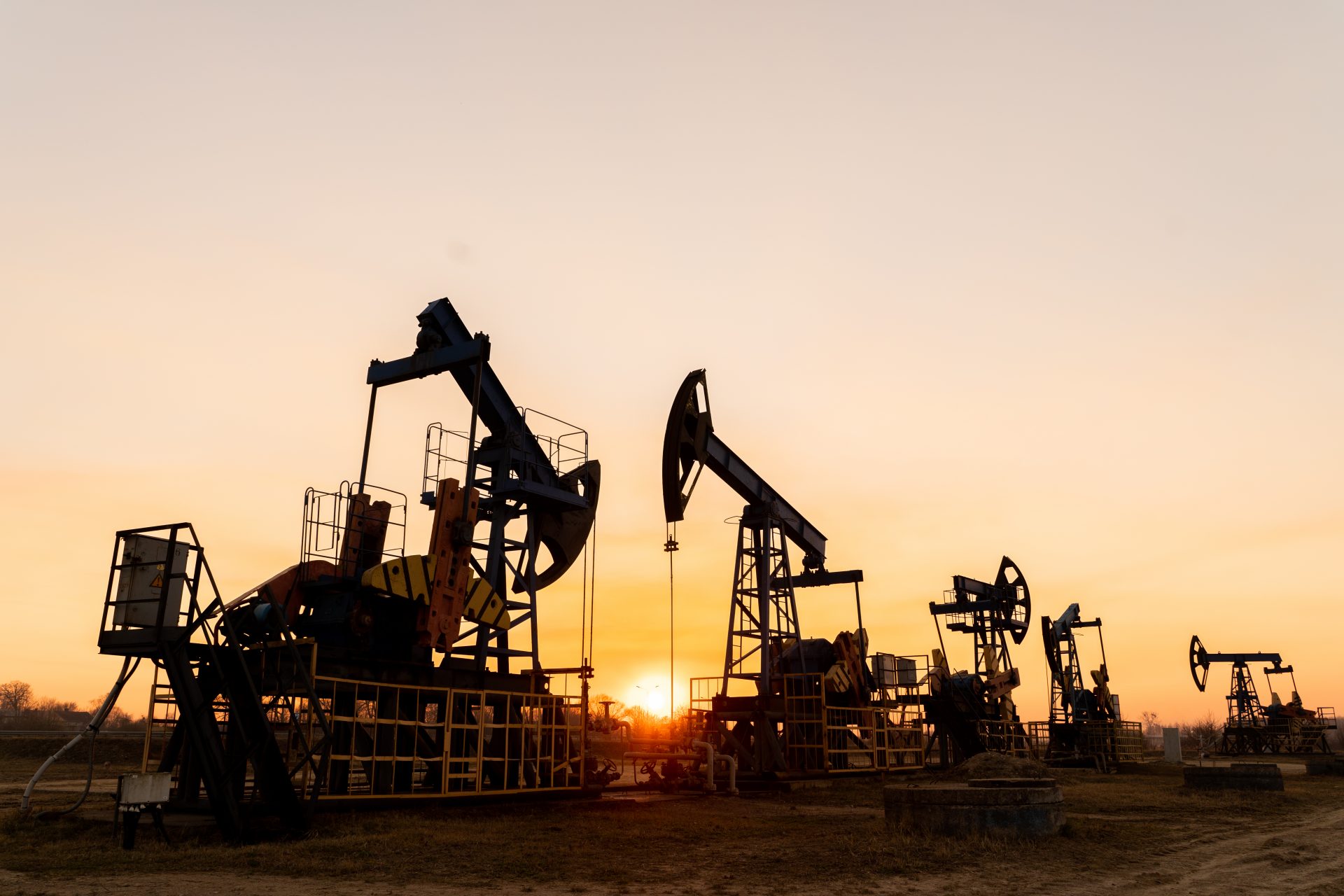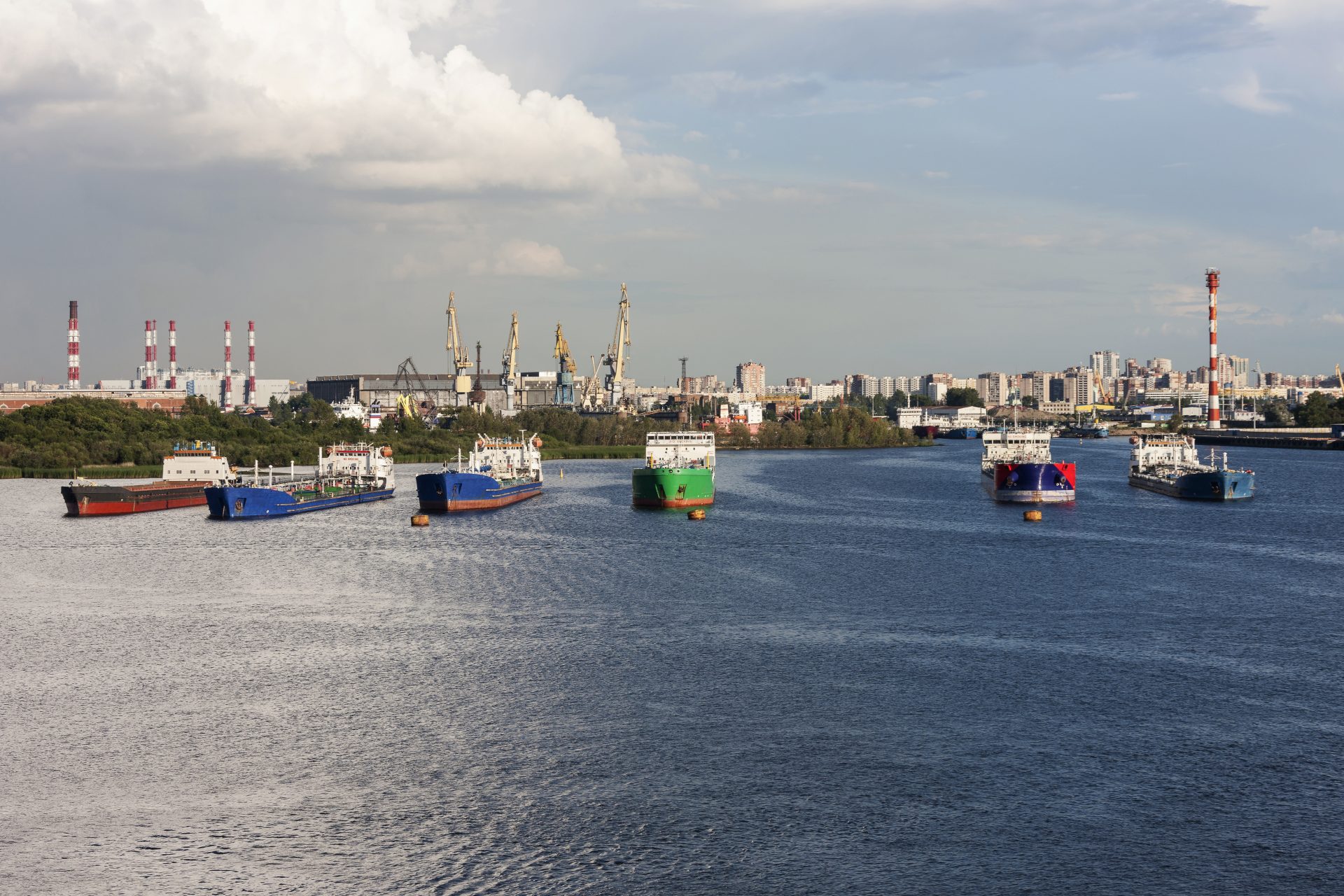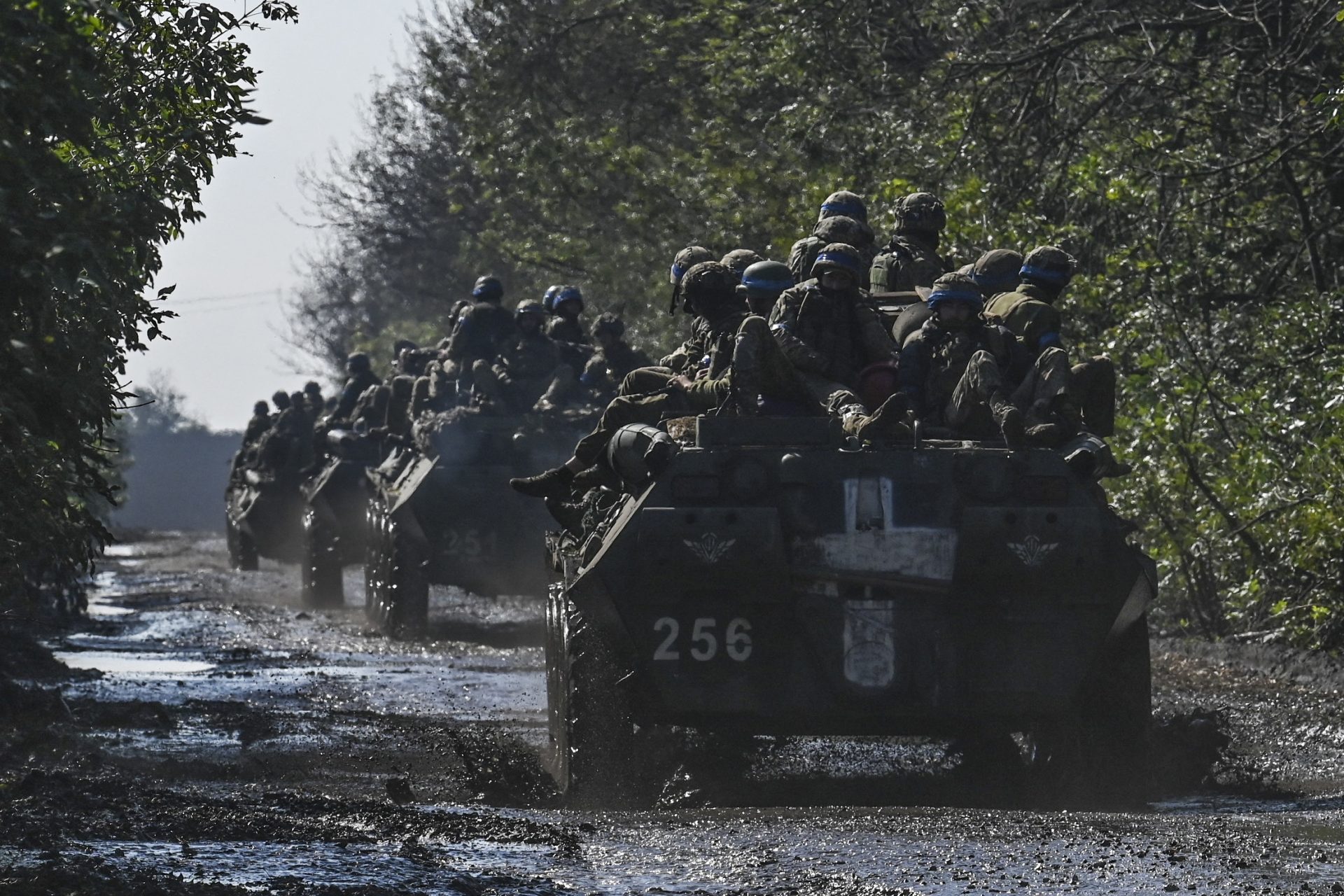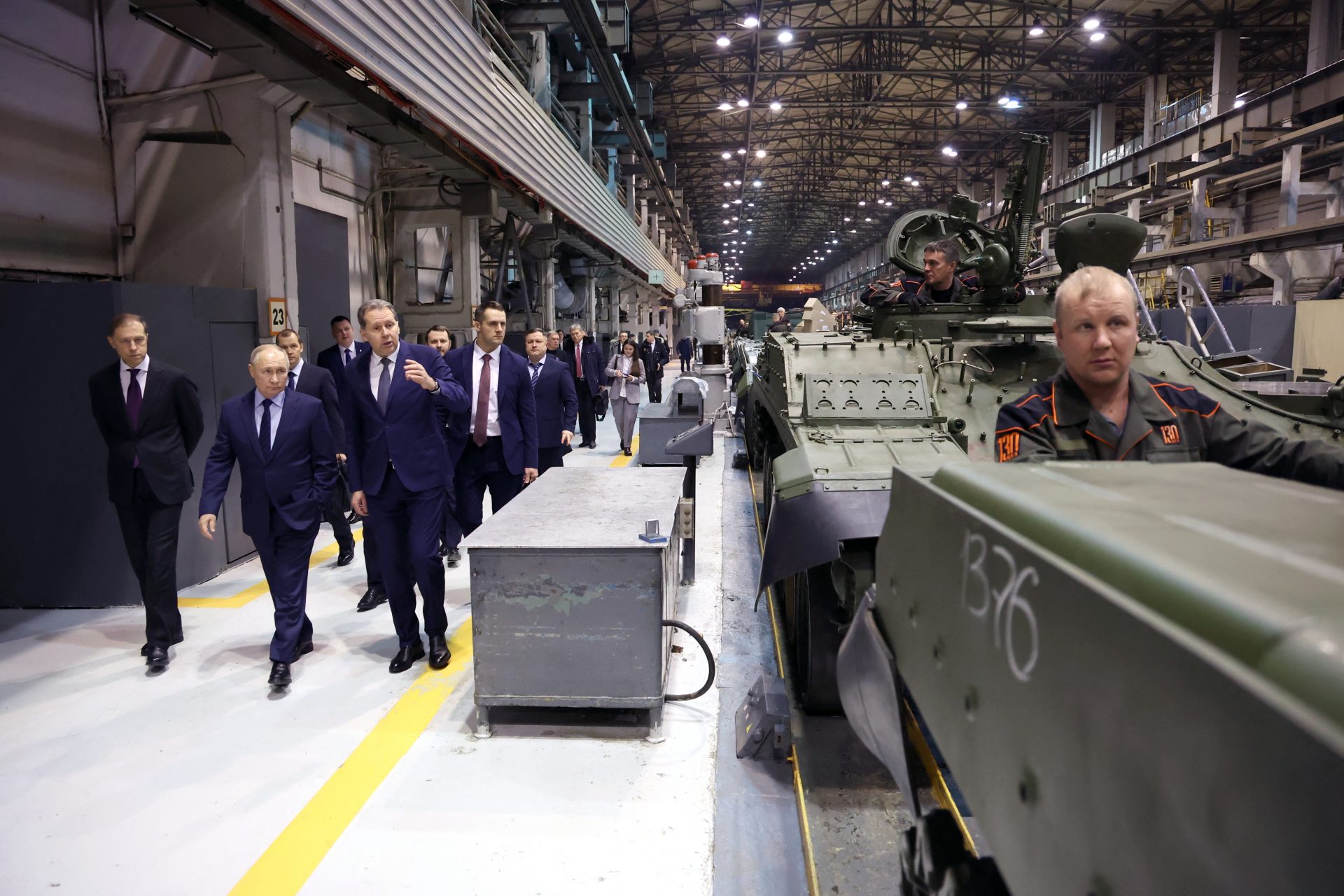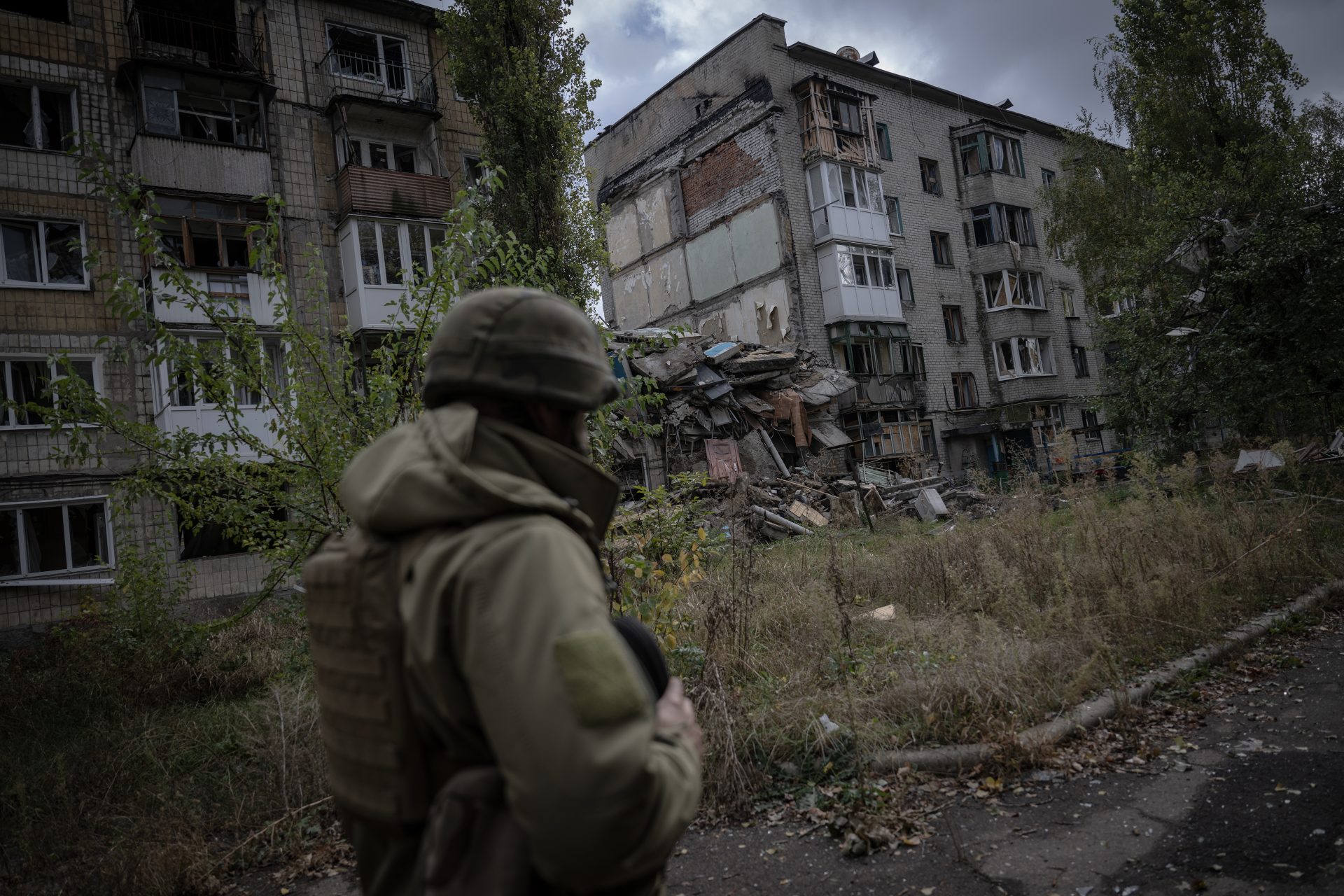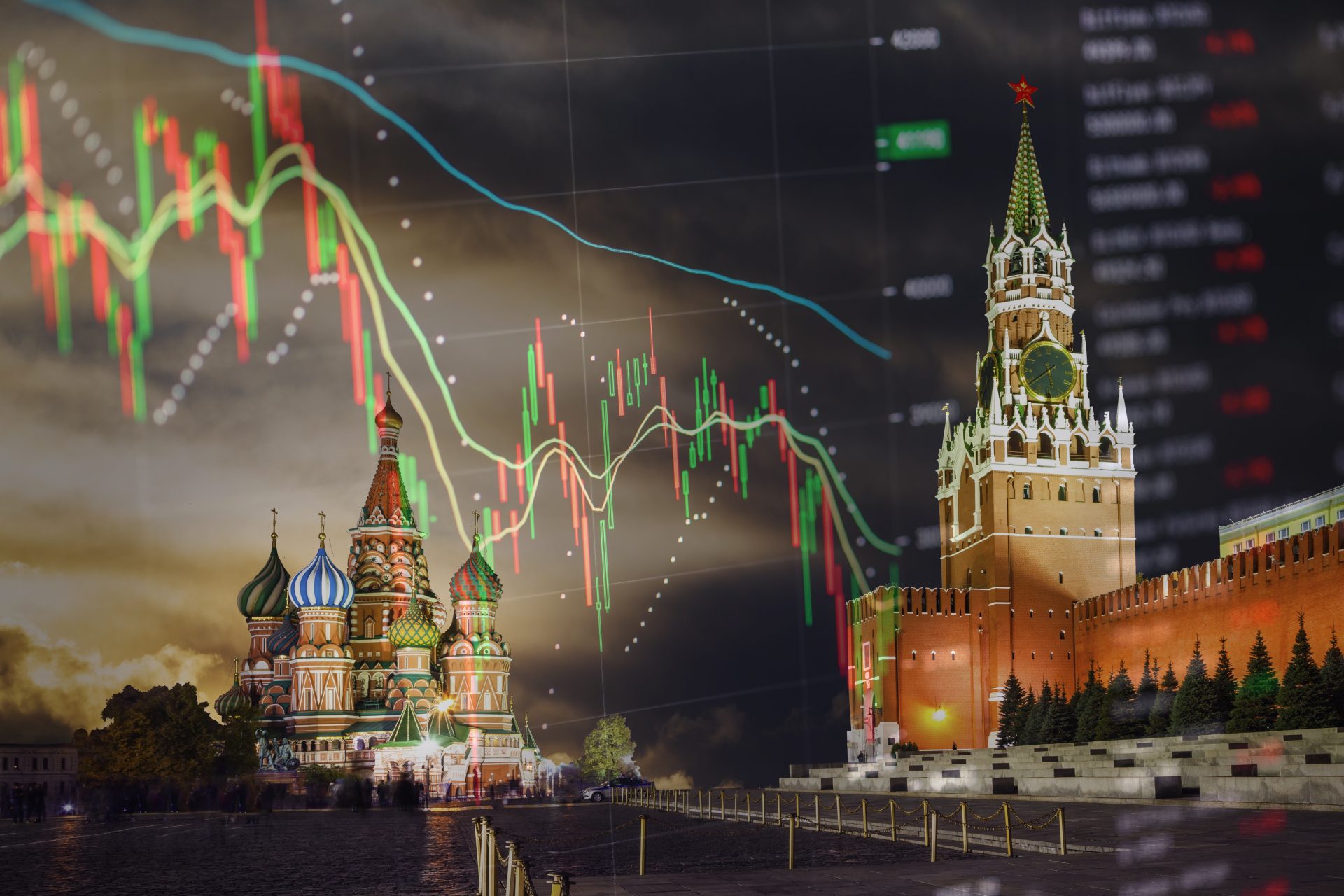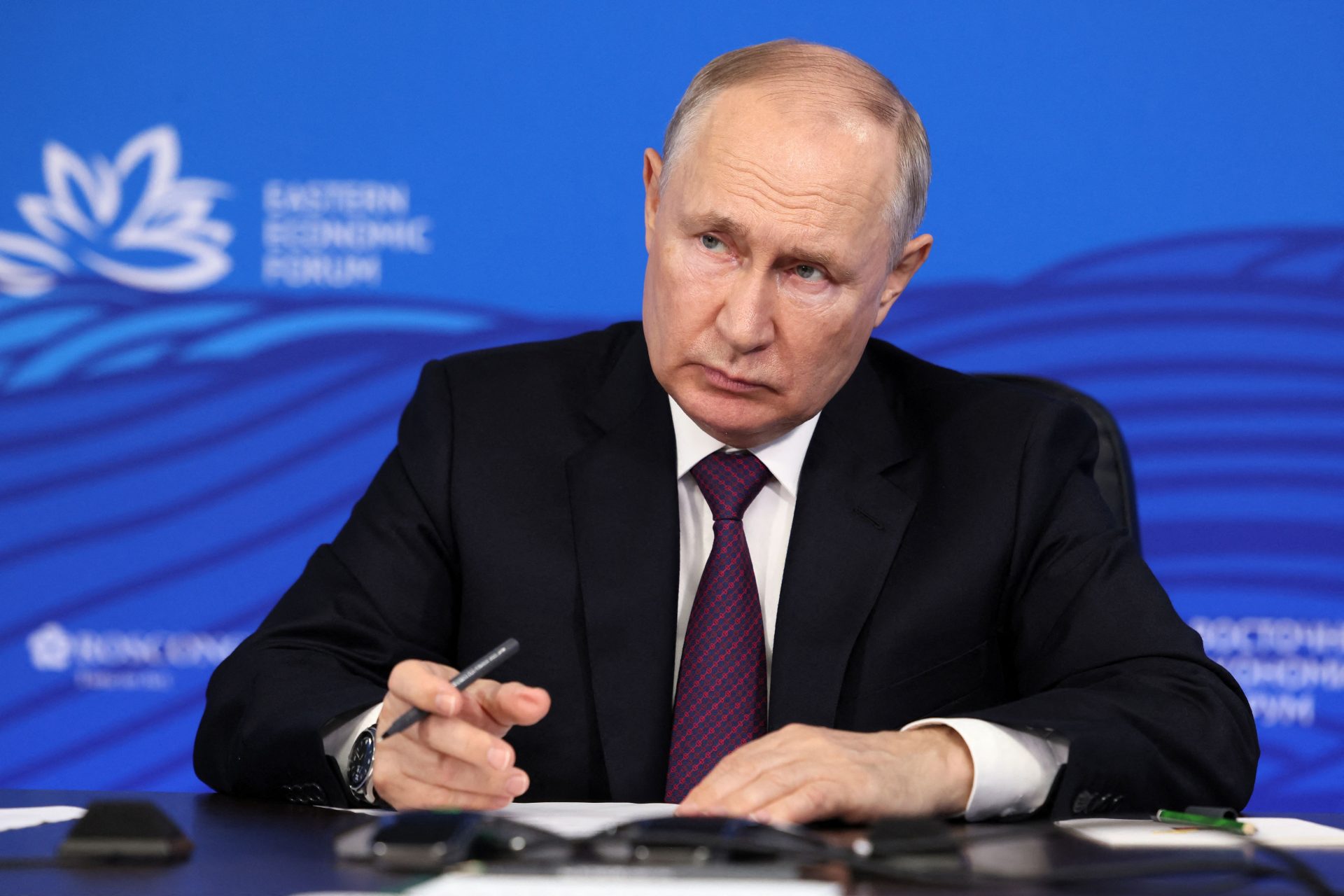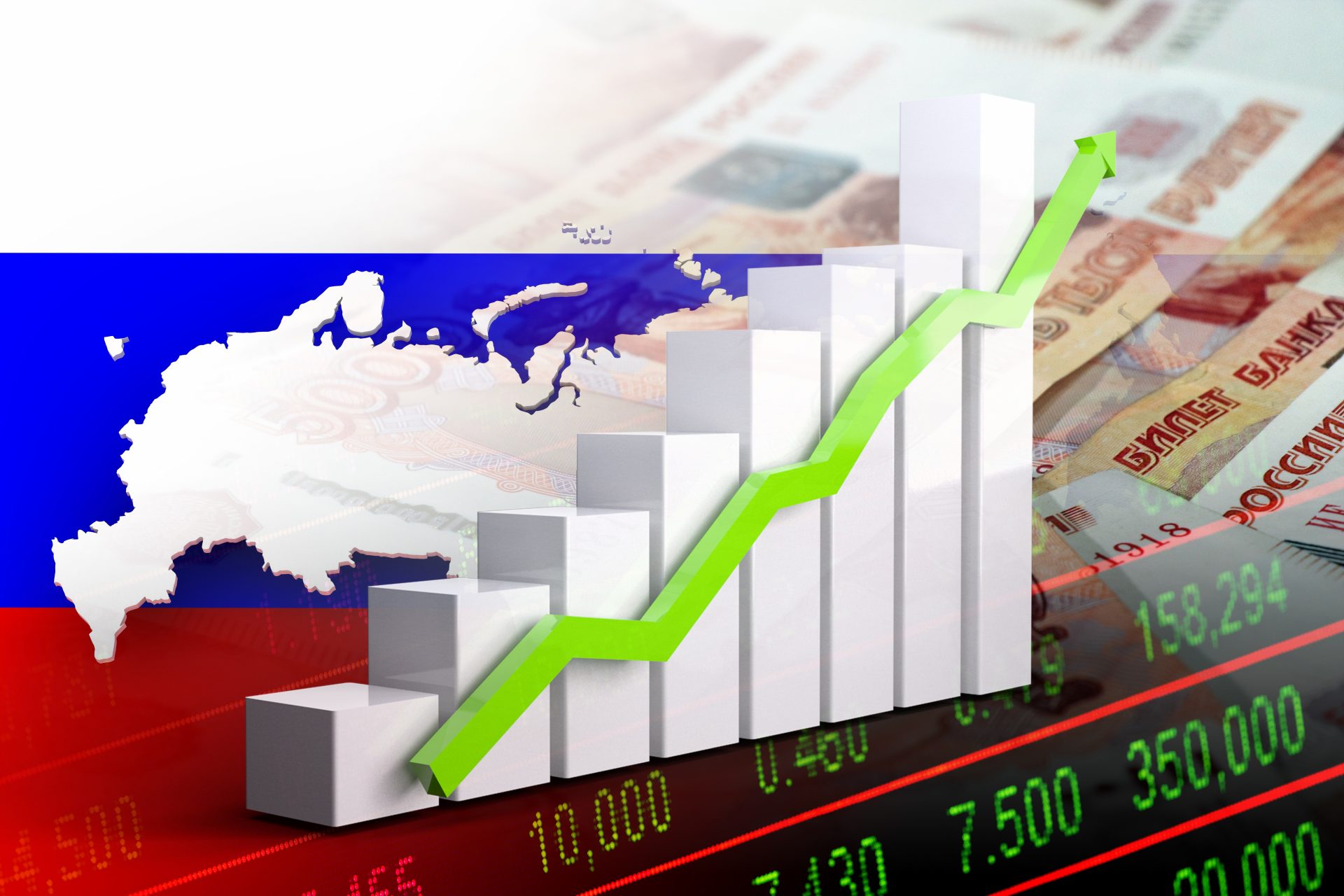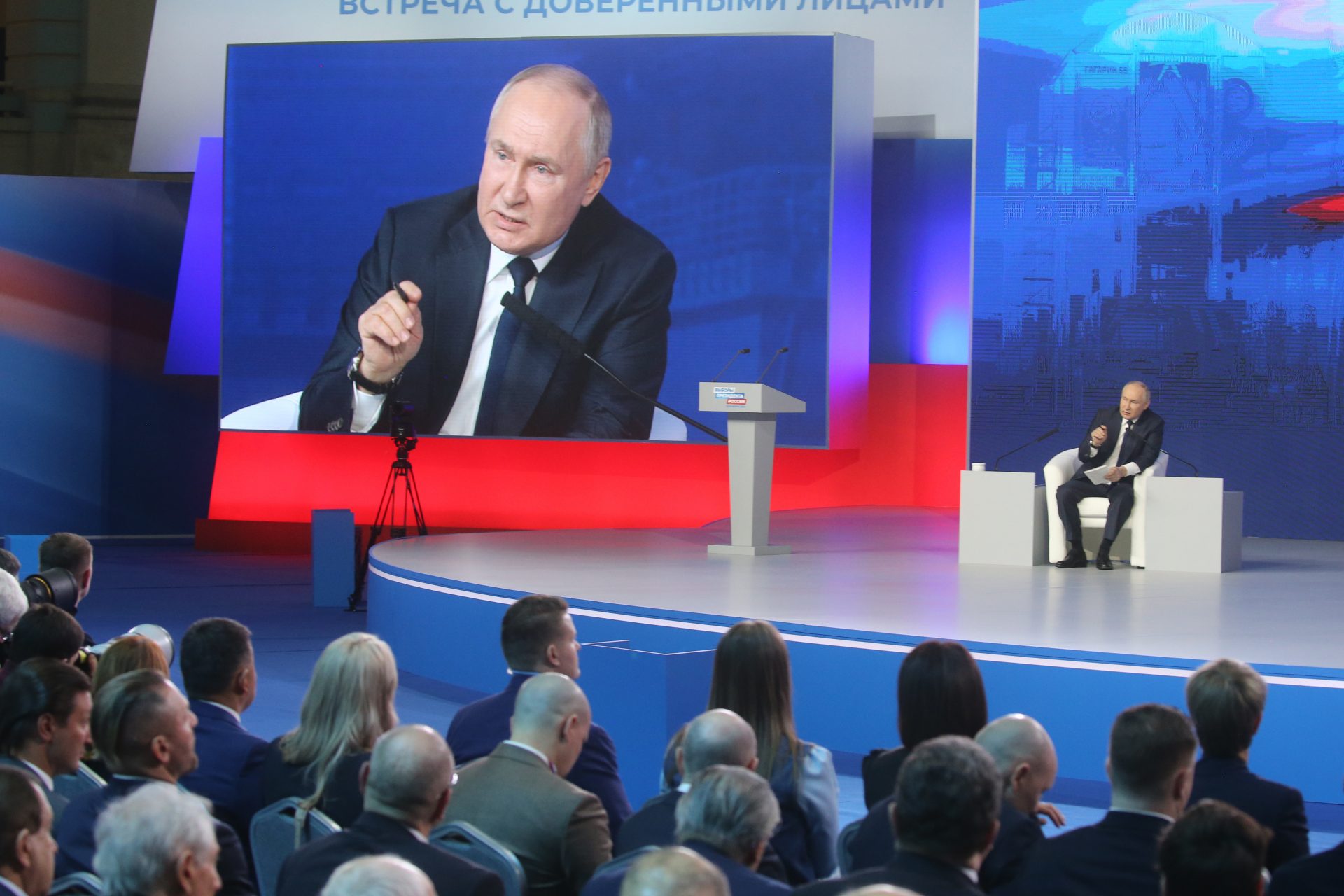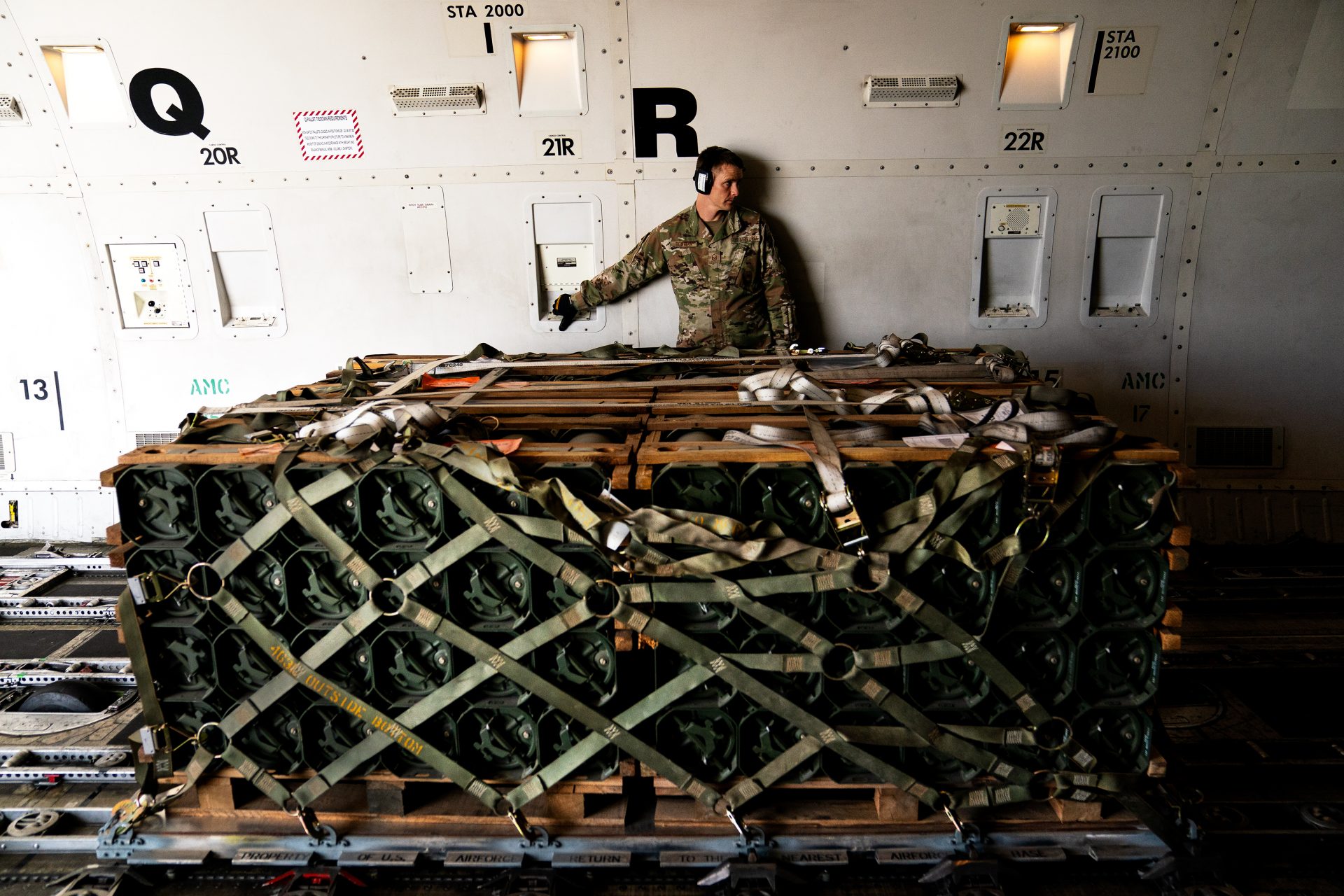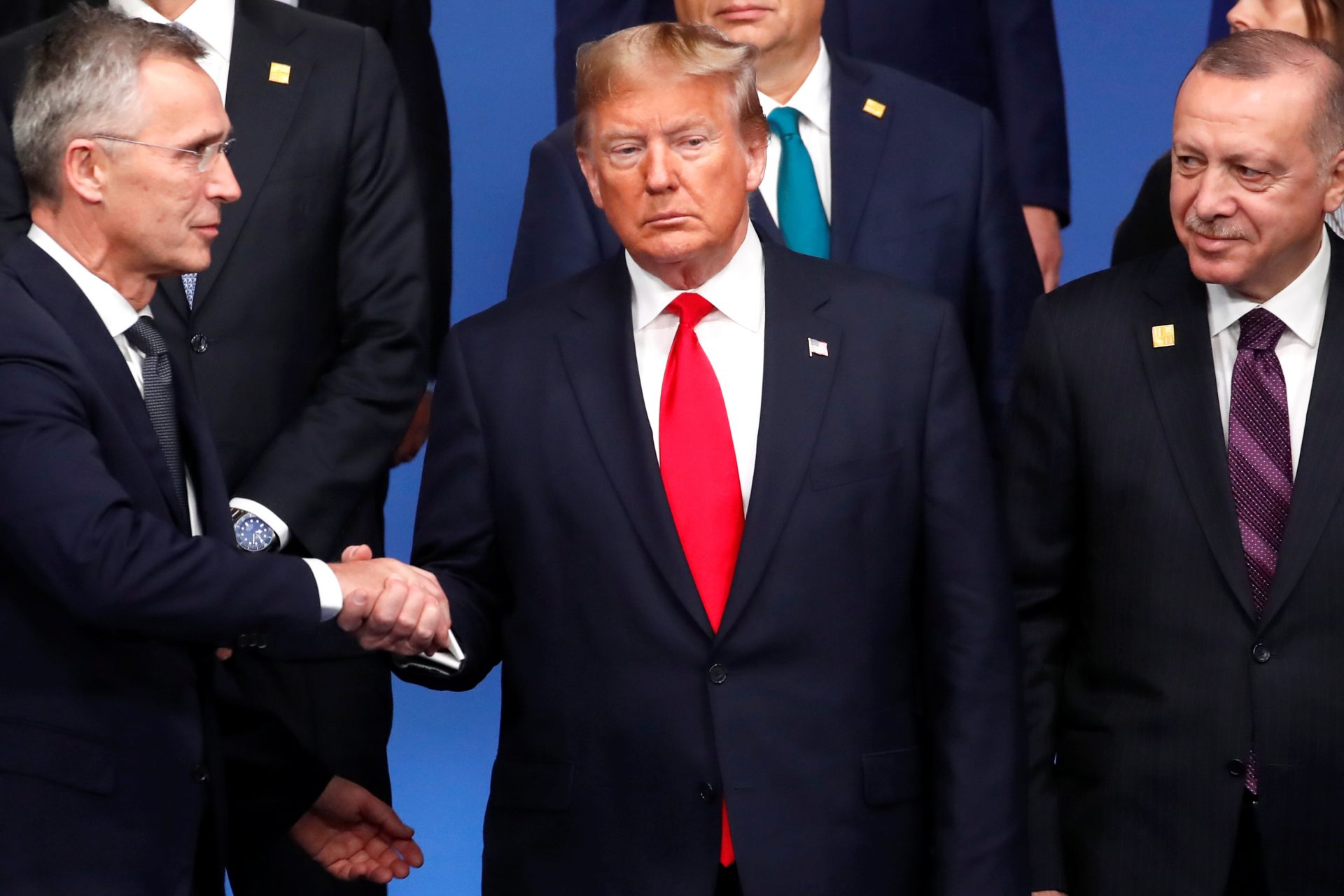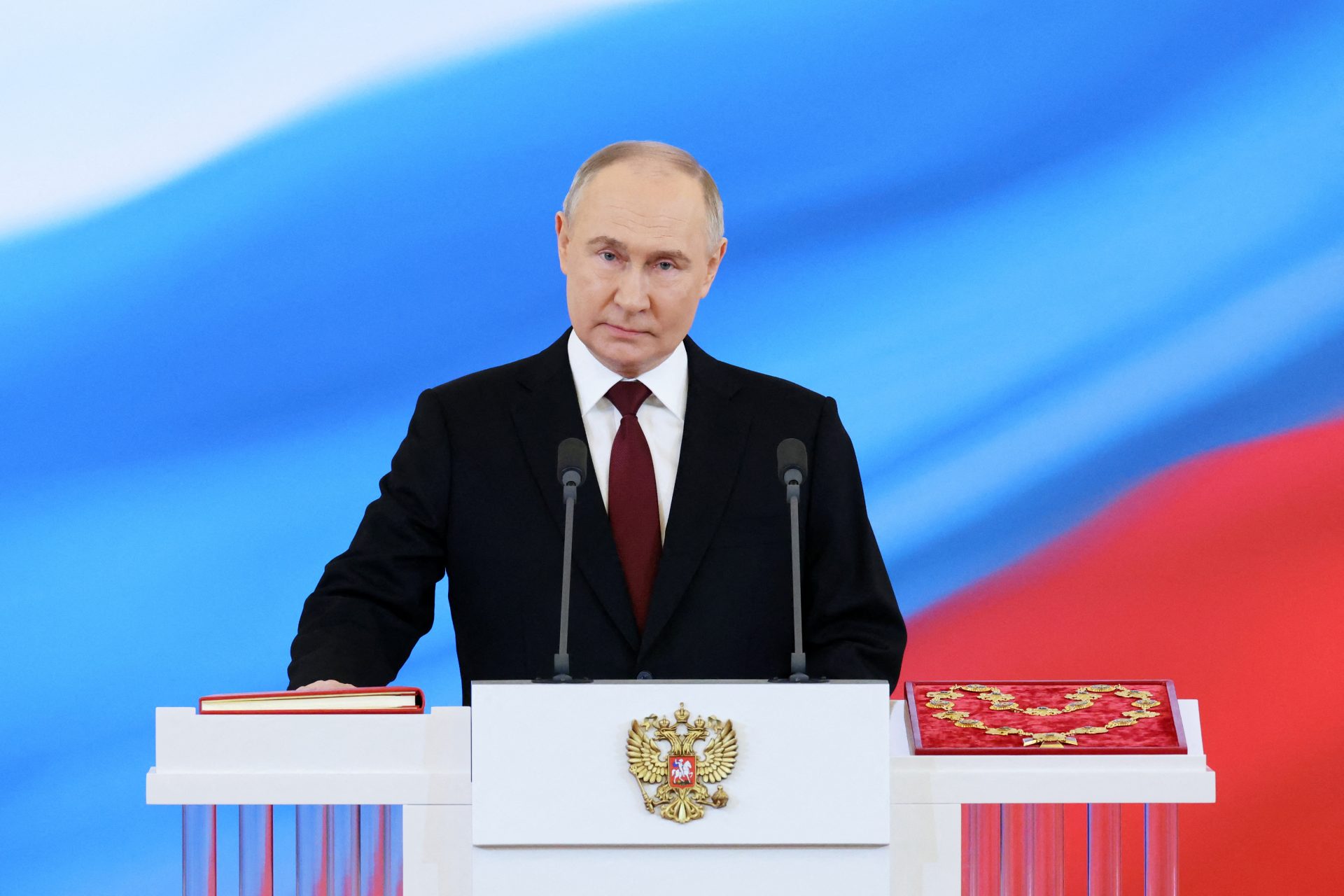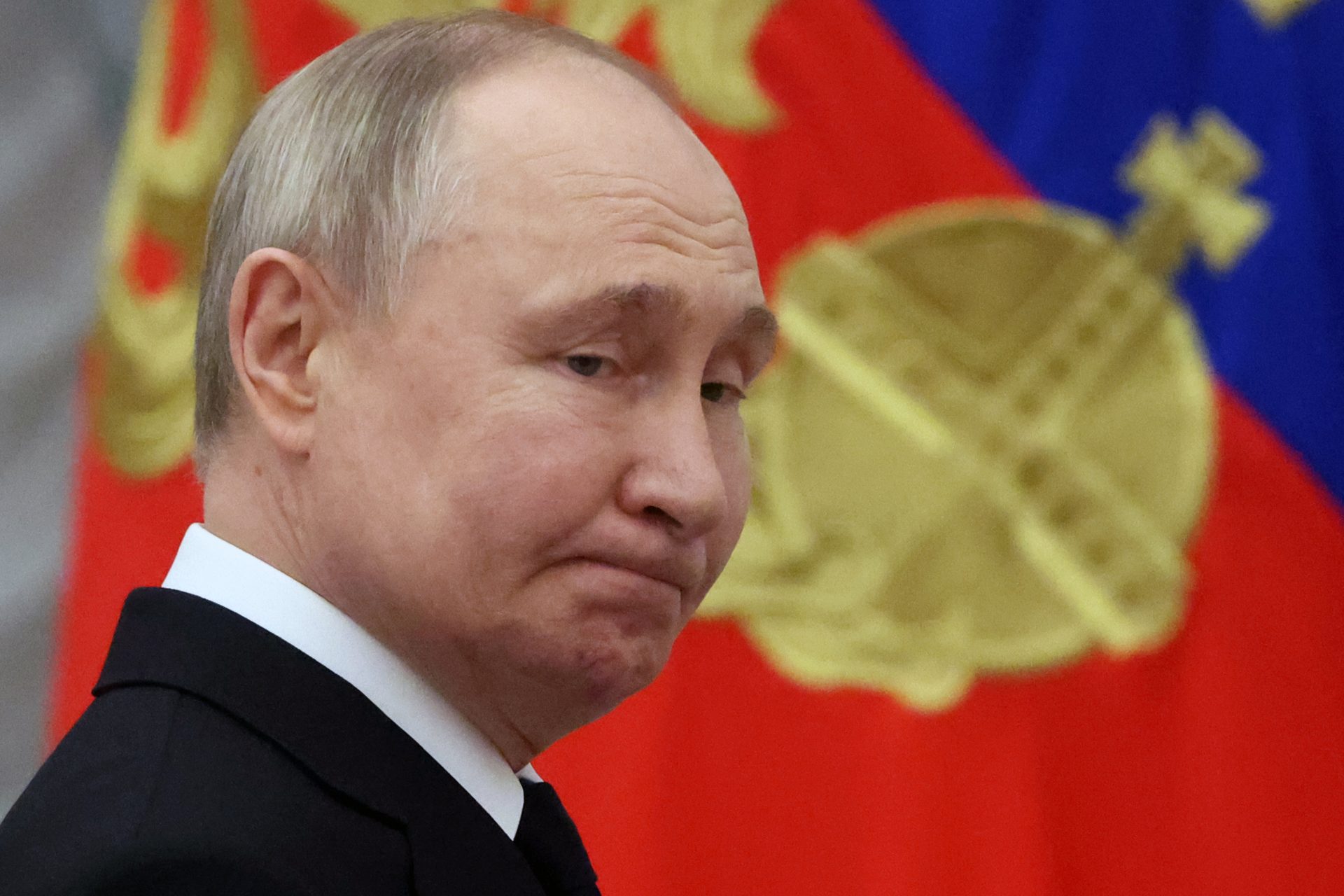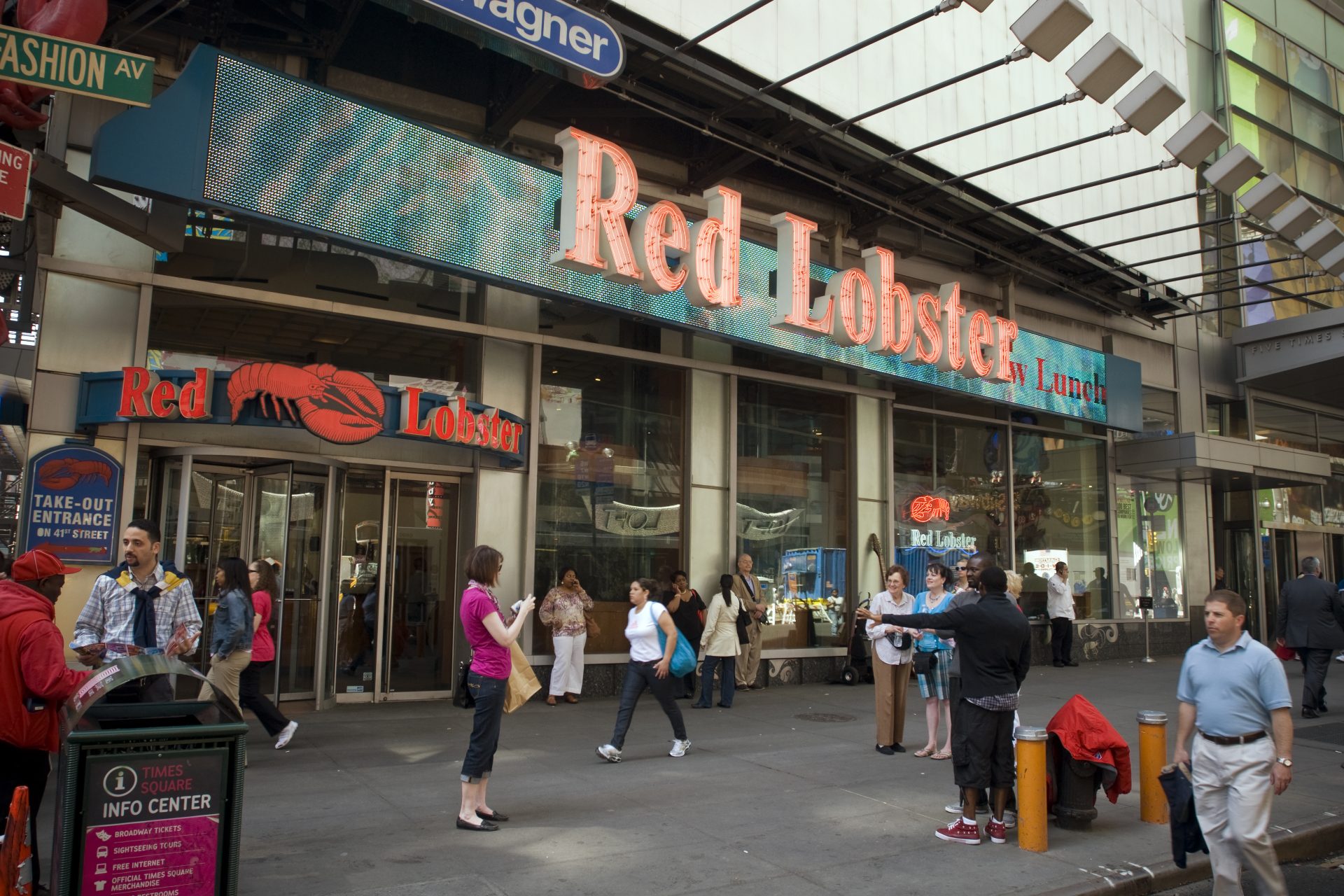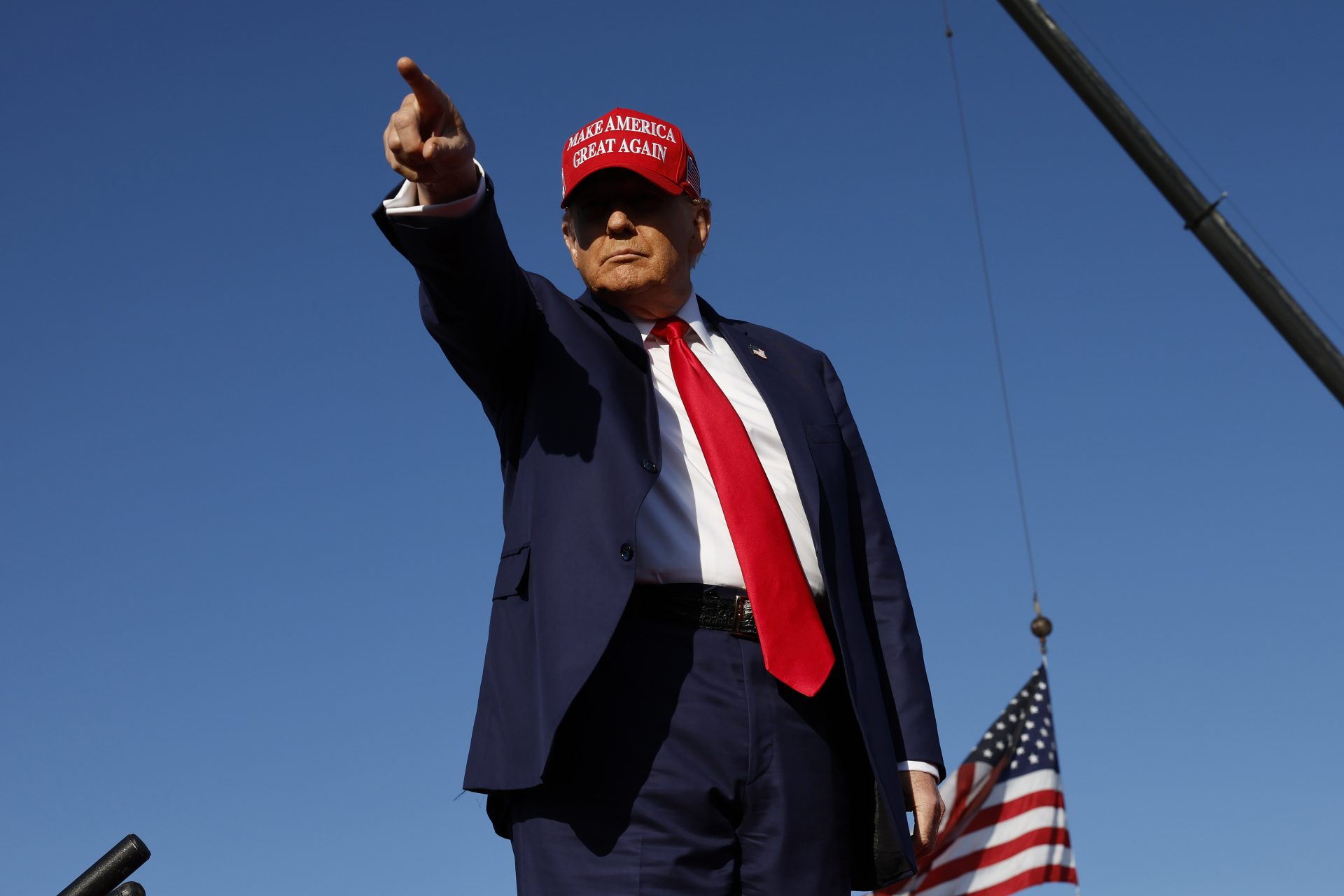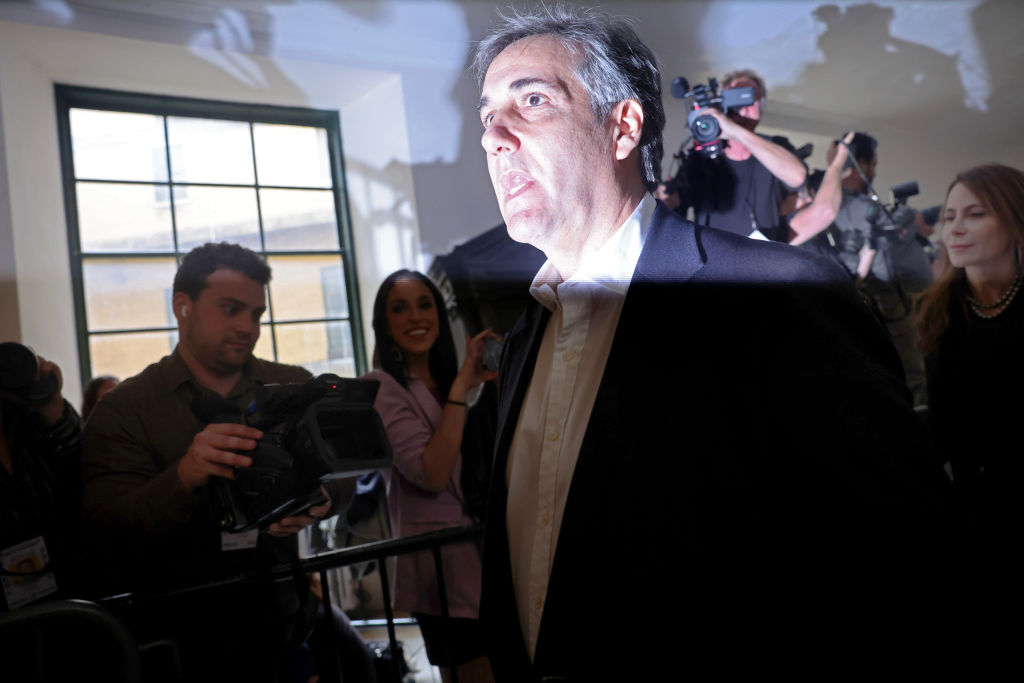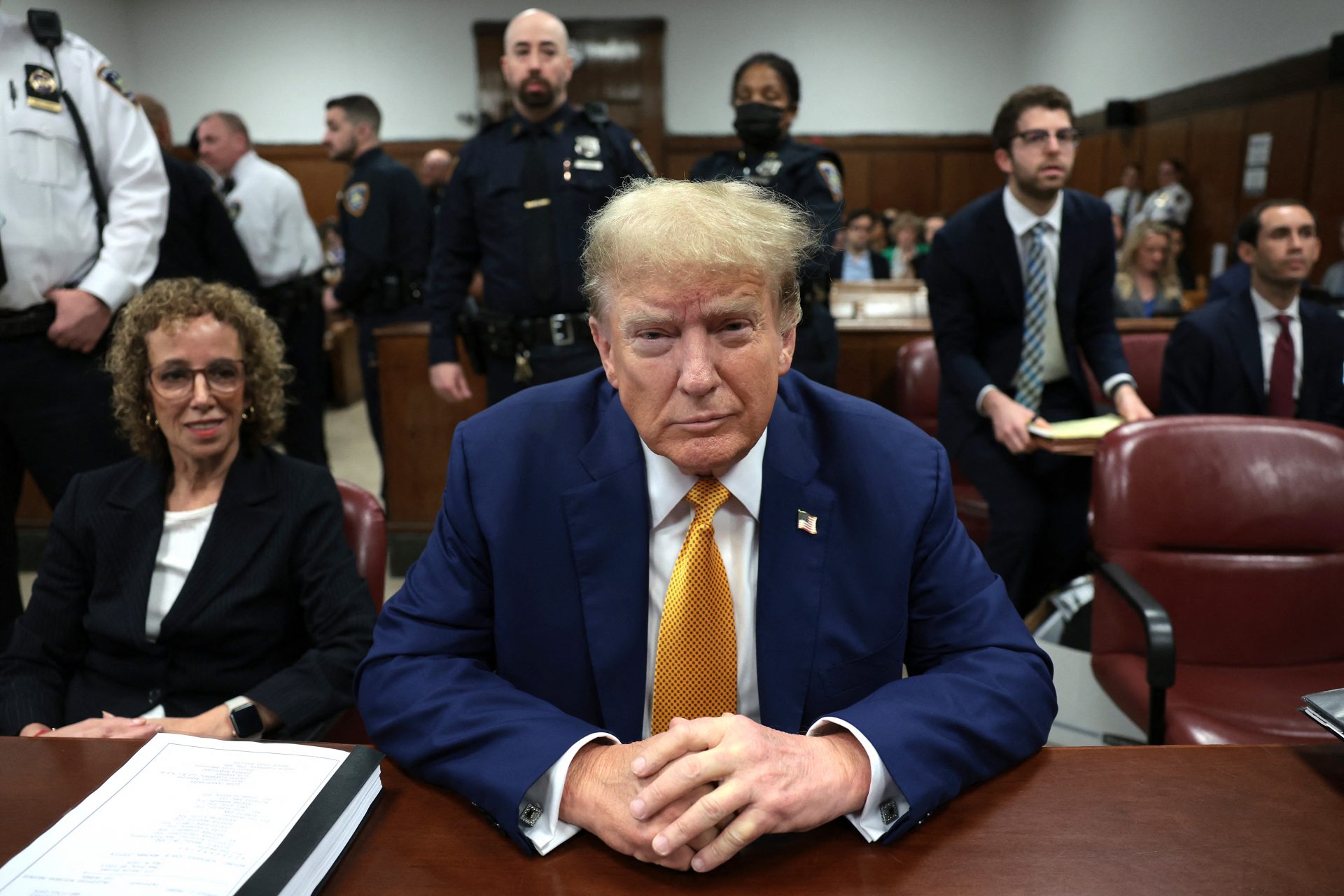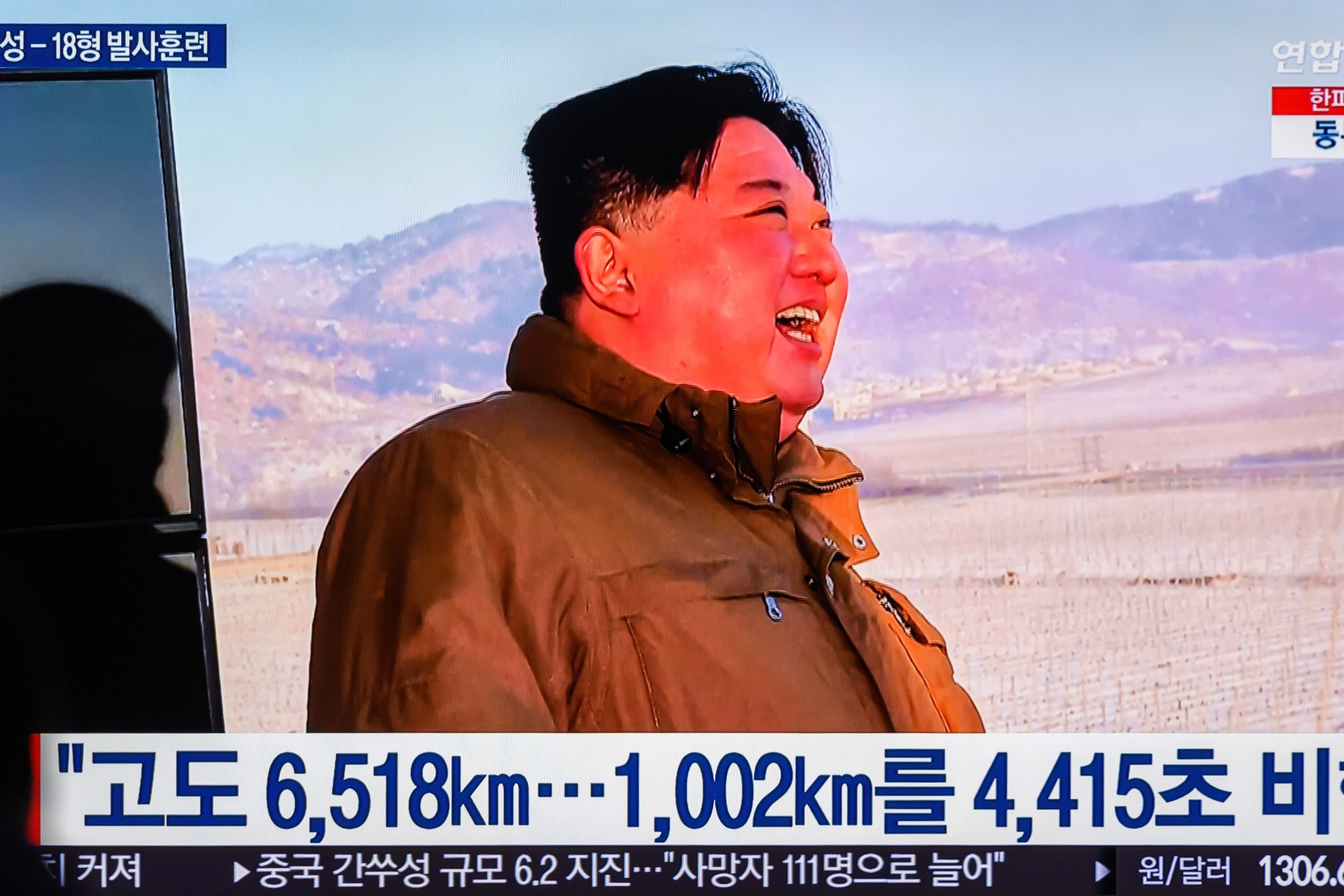War has been good for the Russian economy
When Russia first invaded Ukraine, both local and international economists sounded the alarm, predicting that the Russian Gross Domestic Product would drop by 10% in 2022. The World Bank was even more pessimistic and estimated the country's GDP would fall by more than 11%.
However, the catastrophic effects of the war on the country's economy never happened. In 2022, Russia's GDP fell by only 2.1%, according to World Bank data, compared to estimates that predicted a double-digit decline.
The Russian economy seems to be booming and has expanded more than the G7 countries. In 2023 it will grow by 3.6%, according to a first estimate published in early February by the State Statistics Service Rosstat.
The country appears to have successfully weathered the consequences of the multiple sanctions that the European Union imposed on Russia after the outbreak of the war in Ukraine. The objective was to increase costs and reduce the country's income to reduce its ability to finance the conflict.
Russia's resilience demonstrates that the efforts of European partners have not achieved their goals for several reasons. On the one hand, the country has transformed its economy into a war economy, with an increase in public spending directed at defense and heavy industry. Military spending accounts for around 6% of the country's GDP, according to the Spanish newspaper El País.
Furthermore, Russian oil production is slightly below the pre-war level despite the European embargo. Russia has found new trade routes and direct its sales to countries that do not impose limitations, such as China and India.
Russia has also been able to evade sanctions imposed by Europe through a “shadow fleet.” Hundreds of oil tankers often unload crude oil onto ships on the high seas, making it difficult to track oil exports from the country.
However, all that glitters is not gold. Experts warn that, on the one hand, Russia remains dependent on gas and oil sales. On the other hand, the country is subject to the evolution of military production, which raises doubts about what will happen when the war comes to an end.
The expansion of the defense industry has led to the creation of new jobs. In a meeting with workers in the sector in the city of Tula, Russian President Vladimir Putin stated in early February that in the last year and a half, 520,000 new defense jobs have been created, necessary to achieve production goals.
Including a larger workforce in the defense sector has caused a labor shortage in the civilian industry that is difficult to fill, while the unemployment rate has reached historic lows.
In fact, after the outbreak of war, the mobilization of thousands of men in the army and the flight of many others has reduced the available workforce in the country. In 2022, 300,000 men were mobilized to war, and another 490,000 were recruited in 2023, according to data compiled by the Financial Times.
Faced with this shortage of workers, other economic sectors have had to raise salaries to compete with the wages of the defense industry. While this has boosted domestic demand, it has, on the other hand, increased inflationary risks.
The overheating of the Russian economy and rising prices has forced the monetary authorities to raise interest rates to 16%. “The economy was growing at a rate above its potential,” Bank of Russia Governor Elvira Nabiullina said in mid-February in a statement to Russian press.
Despite the risks on the horizon, the forecasts for the year are positive. The International Monetary Fund forecasts an increase in Russia's GDP of 2.6% in 2024. This is more than double what it had estimated last October, according to the Financial Times newspaper.
If the forecasts are met, this growth would be three times greater than that of the eurozone. In fact, according to the latest estimates from the European Commission, the region may only grow by 0.9% this year.
The strong performance of the Russian economy is one of the issues that Putin boasts about in view of the presidential elections in March 2024. Re-election is assured for the president, who has been in power since 1999.
More for you
Top Stories



